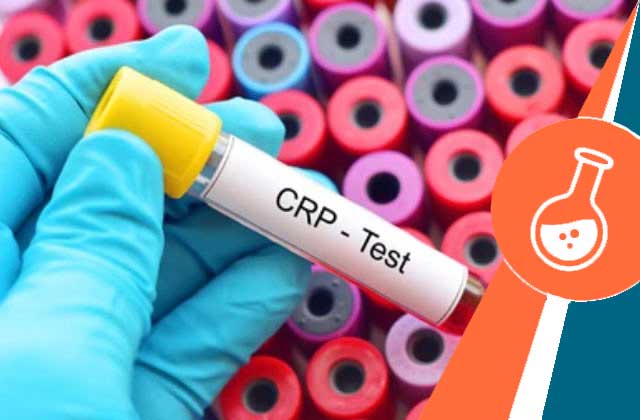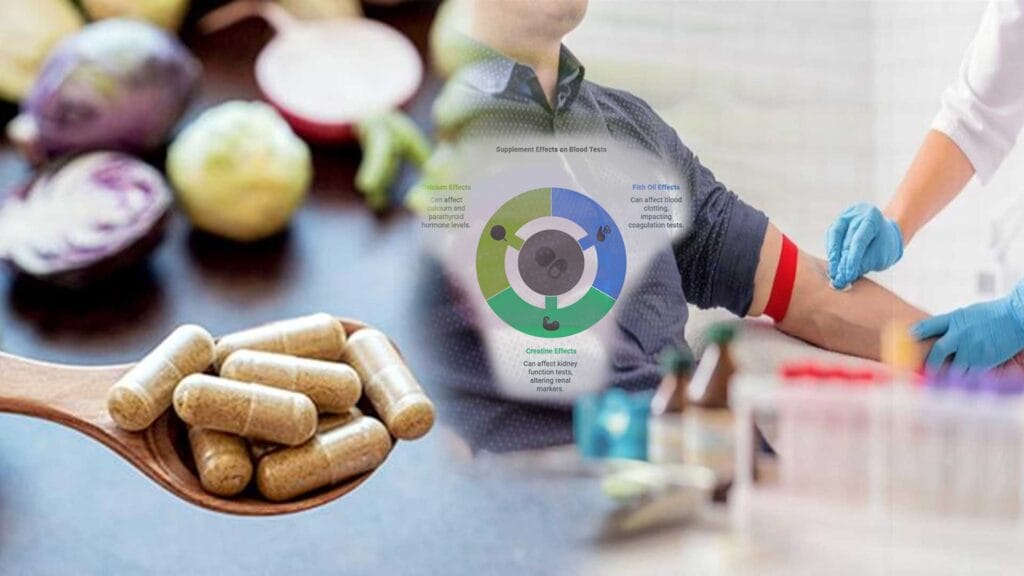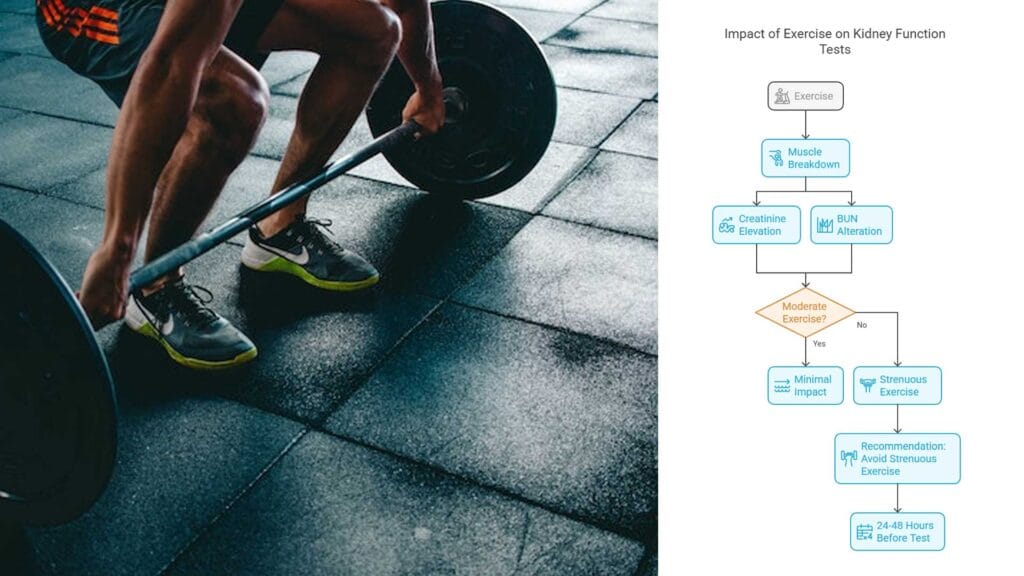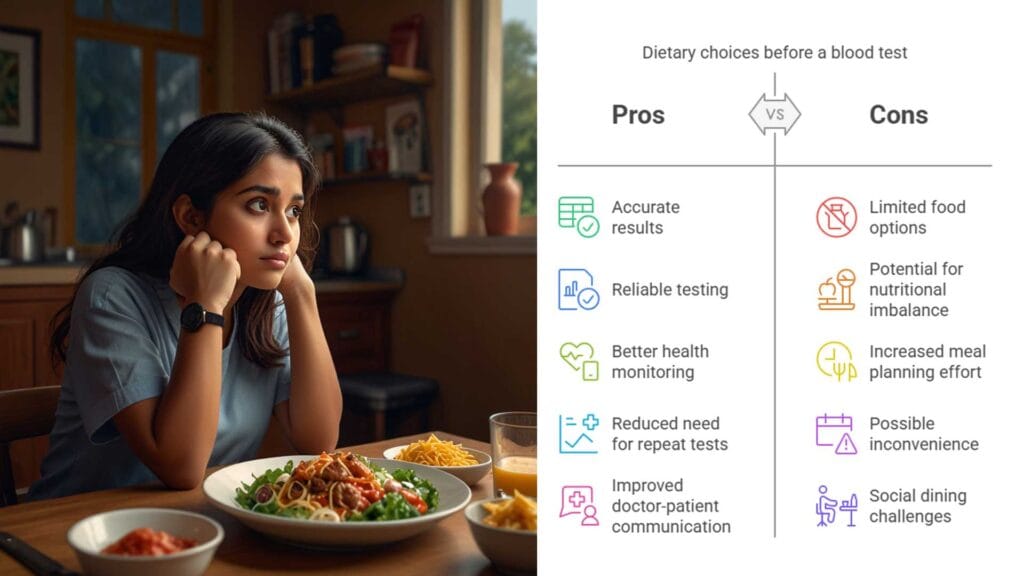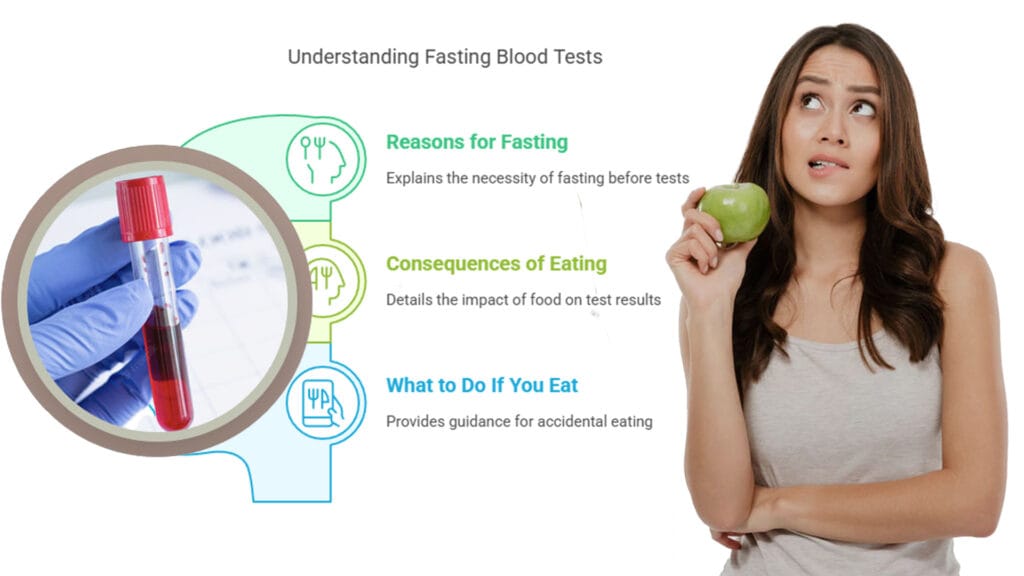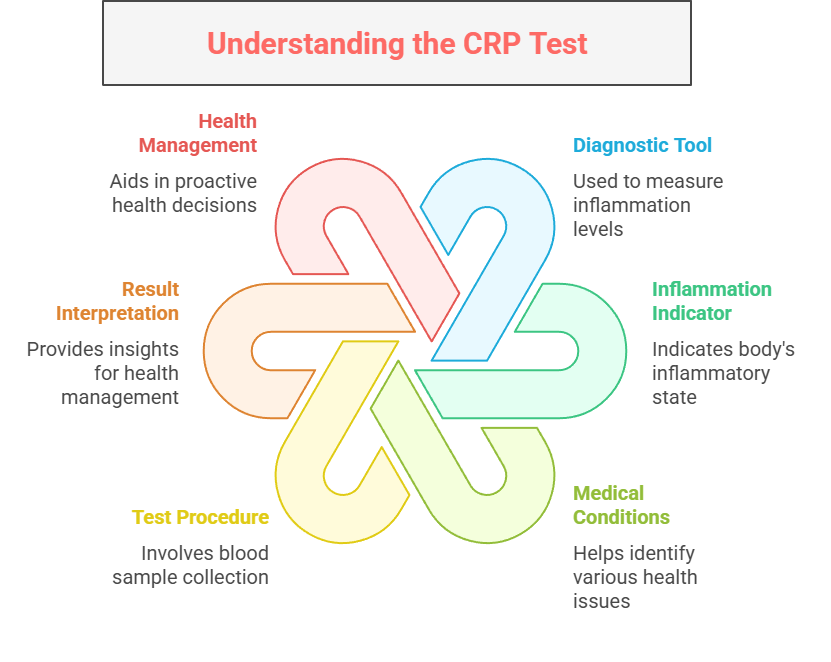
What Is C-Reactive Protein Test (CRP)
The C-reactive protein test (CRP test), is used to measure the levels of a group of proteins named acute phase reactants in your bloodstream and inflammation. This CRP quantitative test is valuable in assessing inflammation and can provide crucial insights into various medical conditions, like rheumatoid arthritis or infections. CRP is a substance produced by the liver in response to inflammation in the body. By monitoring changes in CRP levels over time, doctors can evaluate the effectiveness of treatment or identify potential health risks.
What happens when CRP levels are low?
When CRP (C-reactive protein) levels are low, it usually indicates low levels of systemic inflammation. Although some inflammation is a normal and necessary part of the body’s response to injury or infection, consistently low CRP levels are generally considered a positive sign of overall health. CRP quantitative readings differ between laboratories. The levels frequently rise modestly among African Americans, with age and female sex. Most healthy persons have less than 0.3 mg/dL of these substances. However, CRP blood test normal range is not a comprehensive marker, and healthcare providers consider a variety of factors for a full evaluation. 1
What happens when CRP levels are high?
Higher CRP levels suggest increased levels of inflammation in the body. This can be due to various reasons: Chronic inflammatory Conditions, Infection, Cardiovascular Risk, and Post-surgery. Not every case of a high CRP has a clear cause. Among them are:
- Heart attack
- Cancer
- Infection
- Rheumatoid arthritis
- Inflammatory bowel disease (IBD)
- Rheumatic fever
It’s unclear if a slight increase in CRP levels of 0.3 to 1 mg/dL is cause for concern. To gain greater insight into these findings, one may utilise the more accurate hs-CRP test.
The range of 1 mg/dL to 10 mg/dL is considered a substantial increase in CRP values. More than 10 mg/dL of CRP is regarded as a significant increase.
About the CRP Test
Learn everything about the CRP Test, before you book lab test online. Understand the why, how, and what of this test.
Why Do Doctors Recommend C-reactive Protein Test?
Monitoring changes in CRP levels allows healthcare professionals to make informed decisions regarding your treatment prescription, and assist in managing your overall health and well-being.
Doctors recommend the C-reactive protein test for several reasons:
- Assessing Inflammation
- Diagnosing Infections
- Monitoring Chronic Diseases
- Assessing Cardiovascular Risk
- Predicting Future Cardiovascular Events
- Monitoring Response to Treatment
The C-reactive protein test is also recommended to evaluate symptoms associated with a potential bacterial infection, such as
- Fever or extreme chills
- Rapid heart rate
- Rapid breathing with hyperventilation
- Nausea followed by vomiting
How To Prepare For CRP Blood Test?
- Fasting requirements: No fasting Required for the test.
- Medication guidelines: Tell your healthcare provider about all the drugs, supplements or herbal remedies you are taking, as some substances may affect test results. Follow any specific instructions regarding drug adjustment before testing.
- Contact to doctor: Share your entire medical history with existing liver conditions or symptoms to help explain test results.
What Happens During CRP Testing?
A CRP Blood test only takes a few minutes
- As per the scheduled time of the blood test, a lab technician who usually takes blood samples will arrive.
- A thin needle will be used to draw blood from your arm’s vein.
- The needle might cause a mild pinch and some discomfort.
- The lab technician then fills a collection tube with blood and then removes the needle from the skin.
- They place a small bandage on the arm.
Please note: There might be slight pain or bruising at the spot of insertion, but most of the symptoms go away quickly.
Finding CRP Test
Should you book blood test online to check your CRP levels or go to the nearest clinic and get it done by a medical professional? Let’s Find Out.
Can I Take a CRP Blood Test At Home?
Yes, CRP blood tests can be taken at home. HealthcareOnTime’s at-home lab testing service, in association with Thyrocare, provides a convenient and efficient way to get important medical tests done from the comfort of your place without the need for a doctor’s visit or a trip to a lab. It is always advised to consult with a healthcare provider about any concerns regarding your test results.
How Much Does the CRP Test Cost?
The CRP Test cost varies significantly depending on many factors.
- Location: CRP blood Test Price may vary depending on the city or the region in which the test is conducted. For example, in Bangalore or Mumbai, it might be expensive compared to small towns.
- Type of facility centres: The CRP test price also varies between private hospitals, government hospitals, and diagnostic centres. C-reactive protein test prices is lower in government hospitals as compared to private ones.
- Healthcare centres: Diagnostic centres, laboratories and hospitals may have different CRP quantitative test prices. It depends upon the benefits and reputation of the healthcare centre.
- Insurance Coverage: Individuals with health insurance can cover partial or all costs depending on their policy coverage and network providers.
- Other tests: CRP can be part of a larger panel of tests, such as a Cardiovascular Risk Assessment or an Inflammatory Marker Panel. The overall cost may vary depending on the number and type of tests included in the panel.
- Additional services: Additional services such as home sample collection, express test results, or additional charges for special management may be paid, which contributes to the overall CRP blood test cost.
The CRP test price in India varies depending on various factors, such as where you live, the healthcare provider or a laboratory that performs the test, and whether or not you have health insurance coverage. On average, the CRP test price in India can range from INR. 400 to INR. 1000, depending on the location and laboratory.
| Test Types | Price (INR) |
| Rs. 585 | |
| Rs. 480 | |
| Rs. 710 | |
| Rs. 1334 |
Test Results Interpretation
You received your CRP blood test results but still need help determining if they fall under the normal range. Read this section to know if your test results lie within the CRP test normal range or not.
What Does CRP Test Results Mean?
| CRP Test Result | Result Meaning |
| High CRP Levels | Elevated CRP levels more than 10 mg/L in the blood indicate the presence of inflammation within the body. 2 |
| Normal CRP Levels | Normal CRP below 5mg/L, is considered as healthier. |
What Is the CRP Test Normal Range?
The CRP test normal range can vary slightly depending on the laboratory and the specific testing method used.
| CRP Blood Test Normal Range3 | – Less than 0.3 mg / dL: Normal (seen in most healthy adults). – 0.3 to 1.0 mg / dL: Normal or slightly increased – 1.0 to 10.0 mg / dL: Medium – More than 10.0 mg / dL: marked as high – More than 50.0 mg / dL: Severe |
What Medical Conditions Can Cause High CRP Levels?
Medical conditions that cause high CRP levels are as follows 4:
Chronic Inflammatory Conditions:
Conditions related to high CRP include:
- Obesity
- Pregnancy
- Smoking
- Diabetes
- Periodontal disease
- Mild viral infections (e.g., the common cold).
Autoimmune Disorders:
CRP levels can be elevated in autoimmune conditions such as:
- Lupus
- Rheumatoid arthritis
- Inflammatory bowel diseases and intestine disorders like Crohn’s disease, ulcerative colitis, and irritable bowel syndrome (IBS)
Cardiovascular Risk Factors:
High c-reactive protein levels levels are linked to risk factors for heart disease, including:
- Smoking
- Obesity
- Inactive lifestyle
- High cholesterol
- High blood pressure
- Diabetes
- Metabolic Syndrome (a combination of high blood pressure, high blood sugar, abnormal lipid levels, and more).
Other Conditions:
CRP levels may also be elevated due to serious bacterial infections like sepsis.
Remember that CRP levels can vary, and it’s essential to work with your healthcare provider to interpret CRP test results accurately and address any underlying conditions.
What Medical Conditions Can Cause Low CRP Levels?
Low C-reactive protein (CRP) levels can be associated with various health conditions.
Chronic Inflammatory Conditions:
- Rheumatoid Arthritis
- Lupus (Systemic Lupus Erythematosus)5
Other Factors:
- Pregnancy: During pregnancy, CRP levels may be mildly elevated.
- Diabetes
- Common Cold
- Smoking
- Gum Disease (Gingivitis)
- Depression6
What is the difference between CRP and hs-CRP Test?
The key differences between the C-Reactive Protein (CRP) test and the high-sensitivity C-reactive protein (hs-CRP) test are as follows 7 8:
CRP Test:
- The CRP test detects higher levels of the protein in the blood.
- It is often used to assess acute inflammation caused by various factors, such as infections or autoimmune diseases.
- CRP levels can rise rapidly in response to acute inflammation.
- This test is less sensitive and may not detect low levels of chronic inflammation.
hs-CRP Test:
- The hs-CRP test is specifically designed to measure low levels of CRP associated with chronic inflammation in blood vessels.
- It is a significant predictor for cardiovascular events.
- Unlike the regular CRP test, hs-CRP can pick up much lower levels of inflammation.
- Interpretation of hs-CRP levels:
- Average Risk: hs-CRP levels between 1.0 to 3.0 mg/L.
- High Risk: hs-CRP levels above 3.0 mg/L.
While the regular CRP test detects higher levels of the protein due to acute inflammation, hs-CRP specifically measures low levels associated with chronic inflammation—a crucial factor in assessing cardiovascular risk.
Disclaimer: Although we have endeavoured to provide accurate information on this page, we strongly recommend that you seek advice from your doctor before relying on any of the test ranges or lab-test recommendations mentioned herein.
Sources
Ref Links:
- C-reactive protein: MedlinePlus
- C-reactive protein: MedlinePlus
- C-Reactive Protein (CRP) Test: MedlinePlus
- C-reactive protein (CRP) blood test:HealthDirect
- C Reactive Protein: NLM
- What It Means to Have High C-Reactive Protein Levels: VerywellHealth
- C-reactive protein: MedlinePlus
- What Is a C-Reactive Protein Test?: Health
- What is the difference between CRP level and hs-CRP level?: UltaLabtests
- What is a c-reactive (CRP) protein test: MedlinePlus
More Related Tests
Why To Book with HealthCareOnTime

17 Crores+ Samples Processed

World Class Technology Labs

25+ Years of Trust & Experience


